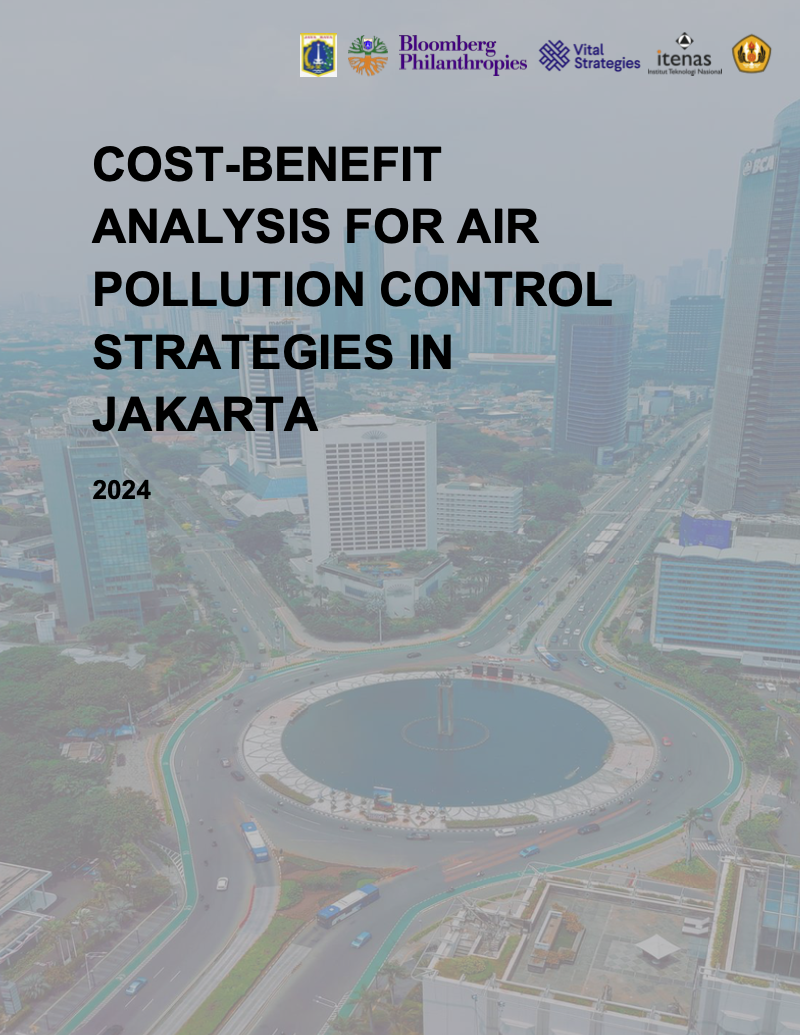Jakarta’s Grand Design for Air Pollution Control 2030 targets ambitious emission reductions through key measures like enforcing emission standards, shifting to public transportation, and addressing residential, construction, and waste-burning pollution. While these strategies show promise in reducing PM2.5, more aggressive actions are required to meet the National Ambient Air Quality Standards.
This study, led by Institut Teknologi Nasional Bandung in collaboration with Jakarta Environmental Agency, Jakarta Health Agency, Vital Strategies, and Universitas Padjajaran, reveals that the benefits of air pollution reduction interventions in Jakarta outweigh the costs, with returns estimated to be seven times higher. These substantial benefits are driven by the significant impact these programs have on improving air quality. The study also offers a range of actionable recommendations to effectively advance policy goals.
Recent Abstracts
Foundations & Futures: Reimagining Public Health in the Artificial Intelligence Era
Strengthening Health Systems to Address Air Pollution in Ethiopia
Policy Brief: Childhood Blood Lead Surveillance in Indonesia – Findings and Policy Recommendations
Impact of Blue Lanes on Road Safety: Crashes, Speed and Motorcyclists’ Perceptions in…
Impacto da Faixa Azul na Segurança Viária: Sinistros, velocidade e percepções de motociclistas…
Culture is Medicine- a Model of Indigenous Harm Reduction in Practice
Trouble Brewing – The Case for Alcohol Policy (Second Edition)
Lessons from Vietnam’s Campaign for a Tax on Sugar-Sweetened Beverages
Principles of Alcohol Taxation
Clean Air in Jakarta: Gaps and Possibilities Toward Low Emission Practices
